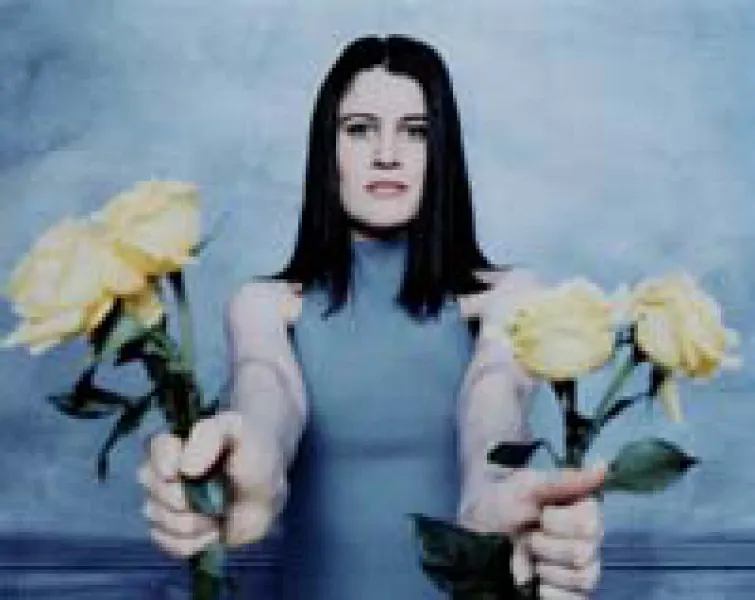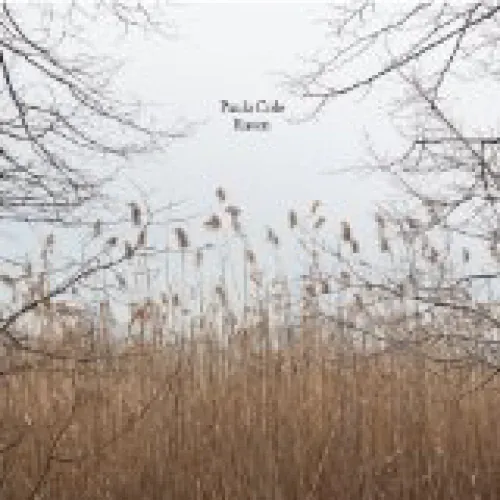
Paula Cole
Top Paula Cole albums
Top Paula Cole lyrics
Paula Cole biography
Paula Cole was one of the many female singer/songwriters who rose to prominence in the mid-'90s in the wake of alternative's commercial breakthrough. Drawing heavily from the ethereal, pretty sound of Sarah McLachlan and Tori Amos, Cole created songs that relied equally on dreamy melodies and poetic, introspective lyrics. br /br /Cole was born and raised in Rockport, MA, the daughter of an amateur musician and a visual artist. Following her high-school graduation, she went to the Berklee College of Music to study jazz singing and improvisation. After she graduated from Berklee, Cole became a professional musician in order to make a living; she continued to write original material on the side. br /br /Her first big break arrived when Peter Gabriel invited her to perform on his 1992-1993 world tour. Shortly afterward, she signed to Imago Records, where she released her debut album, Harbinger, in 1994. Within a year of the album's release, Imago went out of business, which prevented the record from getting exposure on radio and in the press. In 1995, she signed to Warner Brothers, who reissued Harbinger in the fall of that year. Cole returned with her second album, This Fire, in October of 1996. The album and its accompanying single, "Where Have All the Cowboys Gone?," became word-of-mouth hits, breaking through into the mainstream in the spring of 1997. That summer, Cole participated in the first Lilith Fair, a traveling festival McLachlan designed to showcase female artists. Cole was one of the performers to receive a significant boost of profile from the tour, and was the subject of many articles in the mainstream press. br /br /In 1998, Cole won the Grammy for Best New Artist, despite the fact that she released her debut album in 1994 and therefore was technically ineligible. That same year she scored with the single "I Don't Want to Wait," popularized as the theme to the television hit Dawson's Creek. Her much-anticipated third album, Amen, followed in 1999. ~ Stephen Thomas Erlewine, All Music Guide

